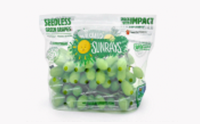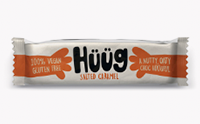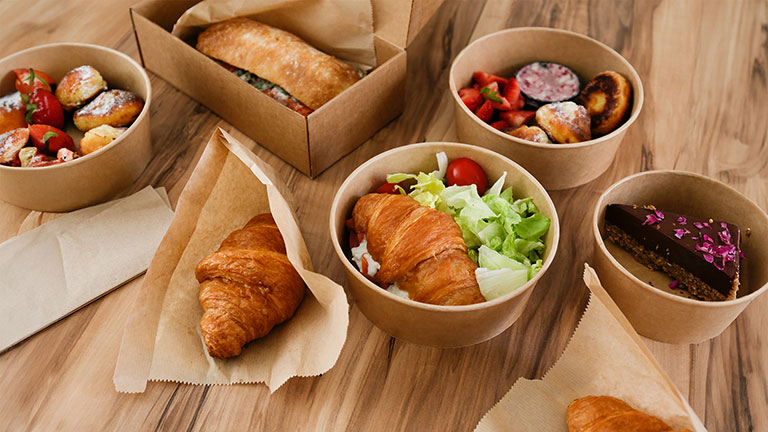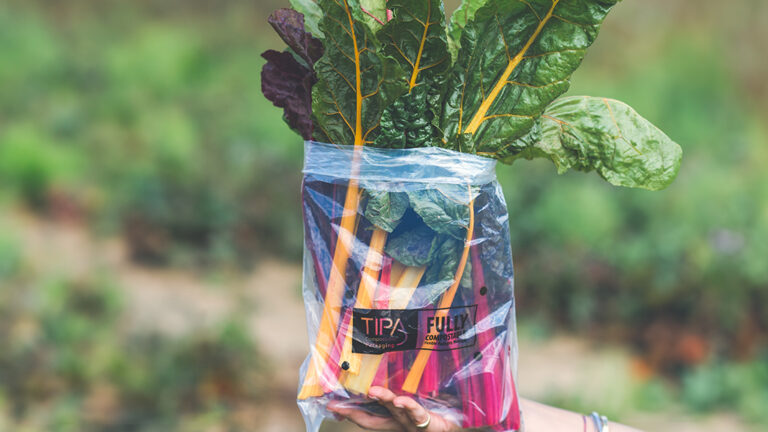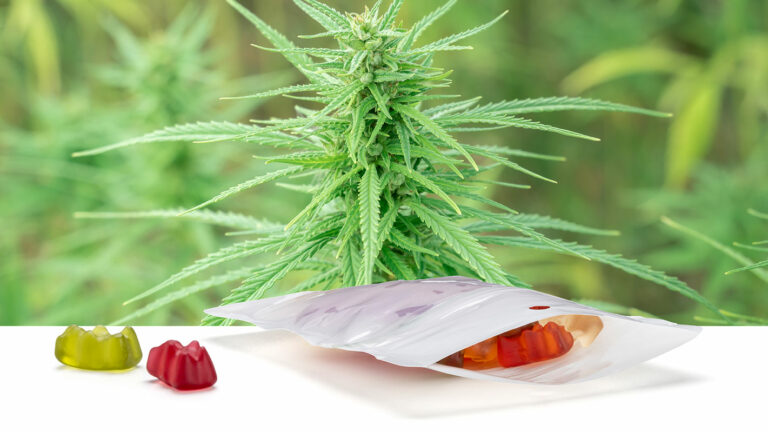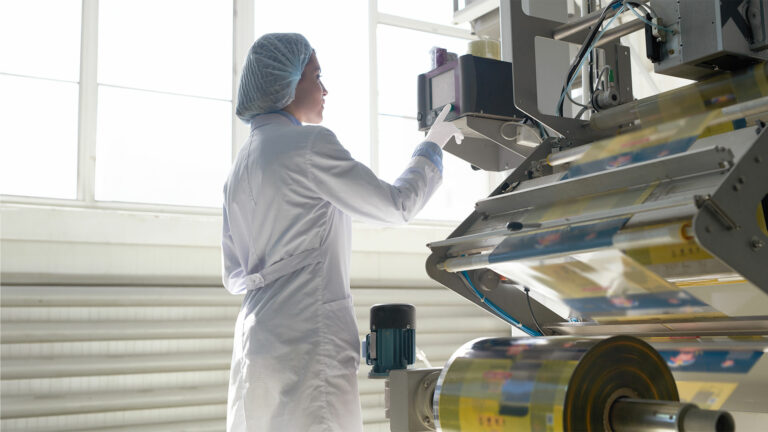The bakery industry, while delivering the delights of fresh pastries and breads, also plays a part in environmental challenges. Much of the sector’s packaging, predominantly plastic, is unfortunately single-use, contributing to the significant waste that the United Nations has labeled a “planetary crisis.” In the U.S., food packaging materials account for about one-third of all municipal solid waste, with only a fraction being recycled or composted. As we unpack the layers withint packaging of bakery products, we also delve into sustainable practices that can profoundly impact our ecosystem. This guide navigates through the intersection of functionality and environmental stewardship in packaging for bakery products.
Importance of Effective Packaging for Bakeries
The significance of effective packaging for bakery products cannot be overstated:
- It protects food from contaminants and environmental factors, ensuring freshness and extended shelf life.
- It combines convenience with customer experience, being easy to carry, store, and reseal.
- Text and design on packaging enhance branding and communicate the brand’s story and quality.
- Sustainable packaging choices demonstrate the brand’s commitment to environmental responsibility, appealing to eco-conscious consumers.
Latest Trends in Bakery Packaging
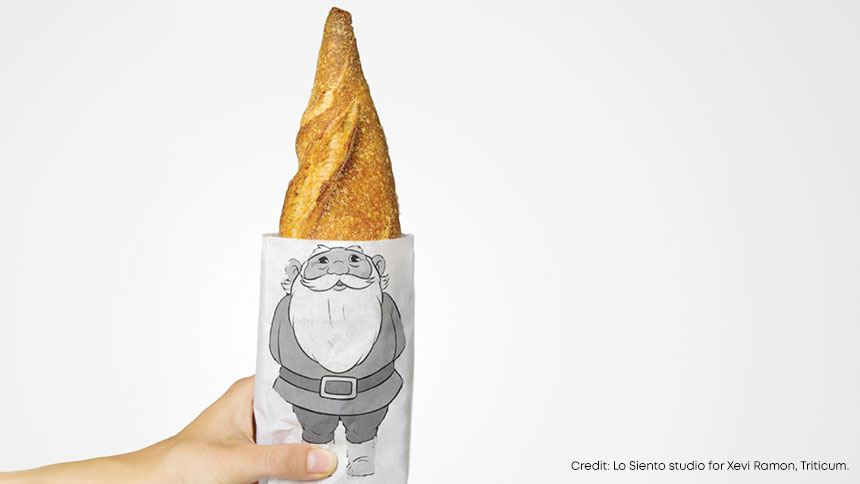
Eco-friendly materials: There’s a growing wave of sustainability that’s washing over the bakery industry. Consumers and businesses alike are embracing recyclable or compostable materials that promise a smaller ecological footprint.
- Innovative designs to delight customers: Today’s market trends demand that we go beyond mere functionality. Innovative bakery packaging designs captivate and create memorable unboxing experiences that can turn first-time buyers into loyal patrons.
- Customization and branding: The power of personalization is unrivaled. Customized packaging allows bakeries to imprint their identity through a custom printed design, making every purchase feel like a part of the brand’s extended family.
What Are The Best Packaging Materials For Bakery Products?
The quest for the best packaging materials for bakery products is a balancing act between aesthetic appeal and practicality. Different occasions call for different packaging types, just as various food items demand specific material properties to maintain their integrity and allure. The perfect packaging caters to the needs of the product, whether it’s the sturdiness required for transport or the clarity that showcases the product’s appeal.
Cost-Effective Bakery Packaging
Brown Paper: This humble material is a classic choice for its simplicity, cost-effectiveness, and surprising durability as a versatile contender in the realm of bakery packaging ideas. However, while brown paper is durable in some respects, it can be less resistant to oil, moisture, and heavy handling, which can affect the product’s quality and freshness. Additionally, it may not provide the same level of long-term protection and extended shelf life of baked goods as some more modern, advanced packaging options.
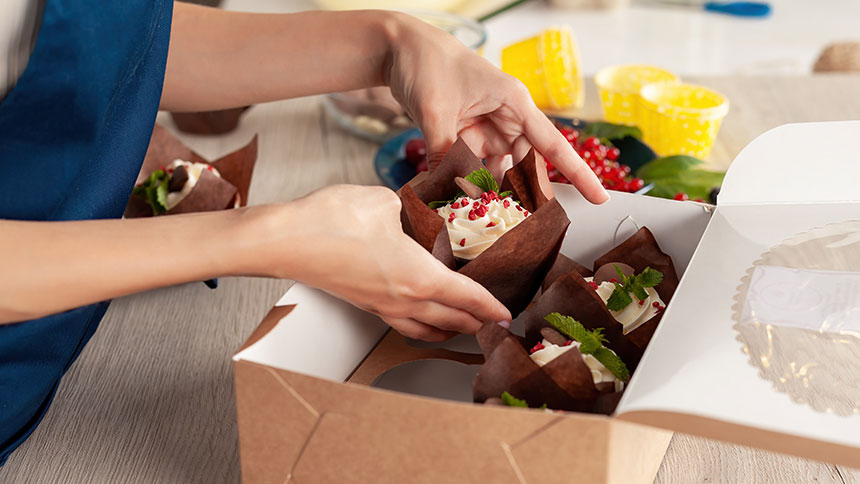
Parchment Paper: Parchment paper is highly regarded for its non-stick surface and heat resistance, making it a valuable tool for bakers in both the packaging and cooking processes. Generally a good packaging idea for pastry. However, it’s not without drawbacks. Parchment paper is not as strong as other packaging materials and can tear easily. It also doesn’t seal well, which can be problematic for keeping baked goods fresh over time. While it’s oven-safe and convenient for cooking, as a packaging material, it lacks the protective qualities to guard against moisture and external odors, potentially shortening the shelf life of the products it wraps.
Kraft Paper Packaging: This packaging is celebrated for its strength and flexibility, making it an excellent choice for various baked goods, striking a balance between cost and performance. However, kraft paper is not impermeable to air and moisture, which can compromise the freshness of bakery items. It also lacks the transparency of plastic, preventing a clear view of the product, which can be a significant factor in consumer appeal. While recyclable, kraft paper does not typically offer the same level of convenience for resealing as some plastic options, which can limit its effectiveness in preserving products for extended periods.
Sustainable Bakery Packaging
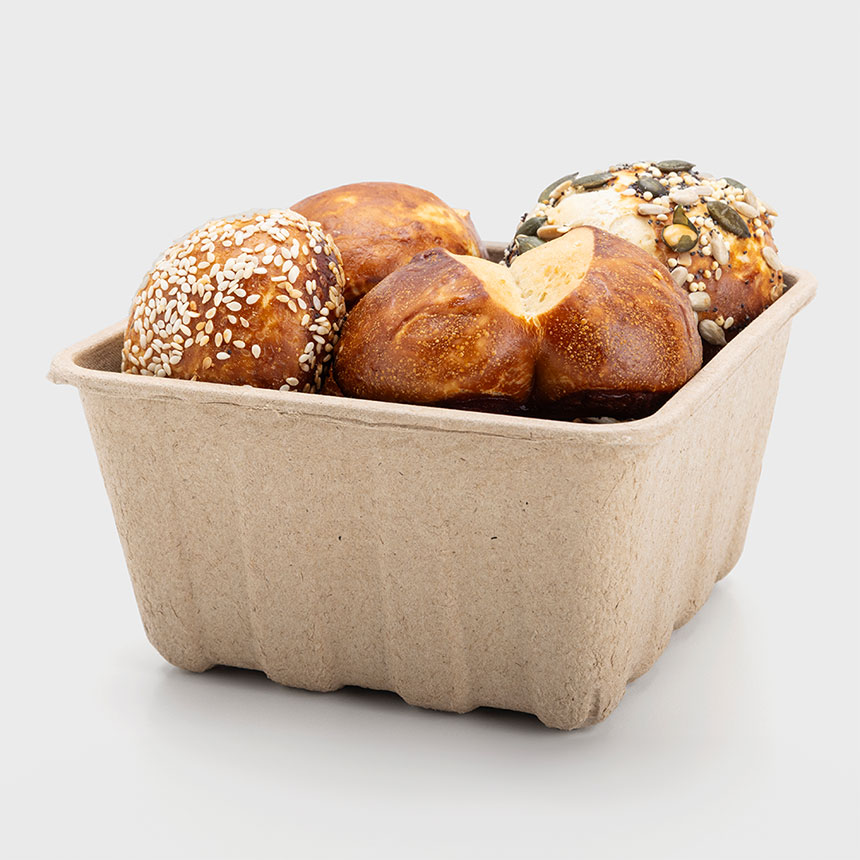
Paddy Straw Trays: These trays offer a sustainable packaging solution for bakeries, crafted from the renewable by-product of rice cultivation. These compostable trays provide a sturdy and environmentally conscious alternative to conventional plastic. Paired with compostable lidding, they offer robust protection for baked delicacies. An added benefit is their disposal versatility—they can be recycled with paper or composted at home or industrially, aligning with eco-friendly practices.
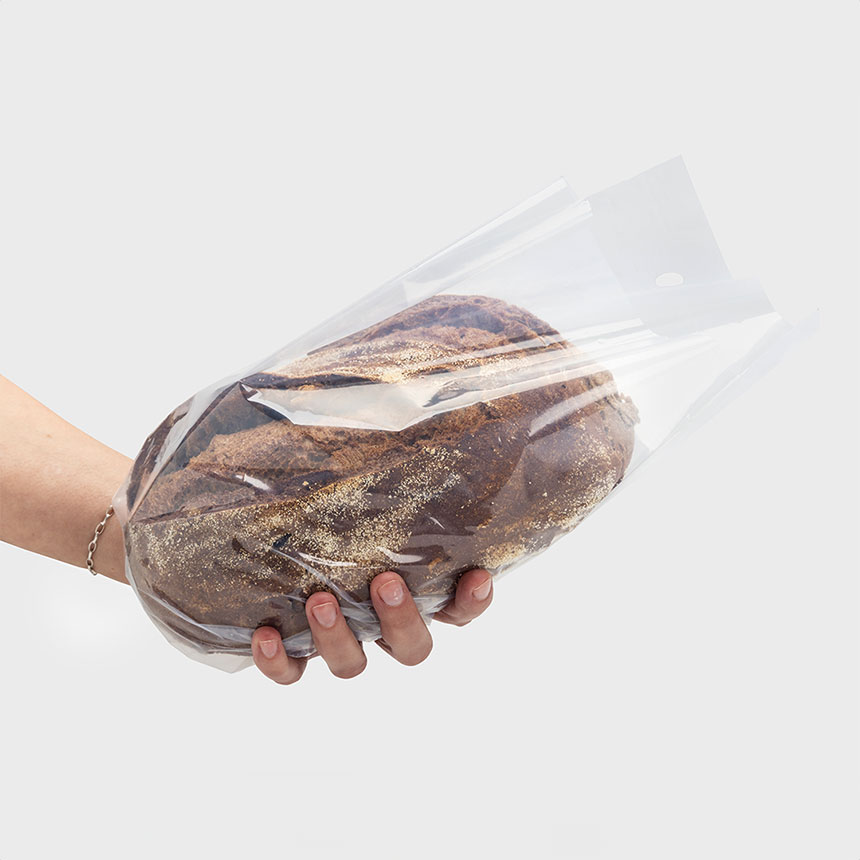
Wicketed Open Bags: These bags are secured on a wicket for ease of use. Made from a compostable film that is both transparent and resilient, they are designed to maintain the freshness of the contents. Importantly, they are compatible with home and commercial composting processes, aligning with sustainable practices by facilitating end-of-life disposal that minimizes environmental impact.
Edible Packaging: This type of packaging can be consumed along with the product it houses, thereby eliminating waste entirely. It is made from safe, edible materials that often add nutritional value or flavor to the overall product experience.
Safety and Freshness Bakery Packaging
Metallized Films: Metallized films offer a superior solution for bakery packaging, featuring a metallic layer that acts as an impervious barrier to moisture and gases. This technology ensures that packaged bakery goods are less susceptible to spoilage, maintaining their freshness and extending their consumable life.
Vacuum-Packed Bags: Vacuum-packed bags take preservation a step further by extracting air from the packaging, which significantly hinders the growth of aerobic bacteria and mold. This process not only preserves the taste and texture of bakery products but also extends their shelf life, making it a preferred method for many bakery items that are sensitive to oxygen.
Heat Sealable Open Bags: These bags are designed to seal the freshness of bakery goods by providing an airtight enclosure. This method of packaging is highly effective in maintaining the product’s quality by preventing exposure to air and contaminants. The bags’ sealability ensures that once the product is sealed, it remains uncontaminated and fresh until it reaches the consumer.
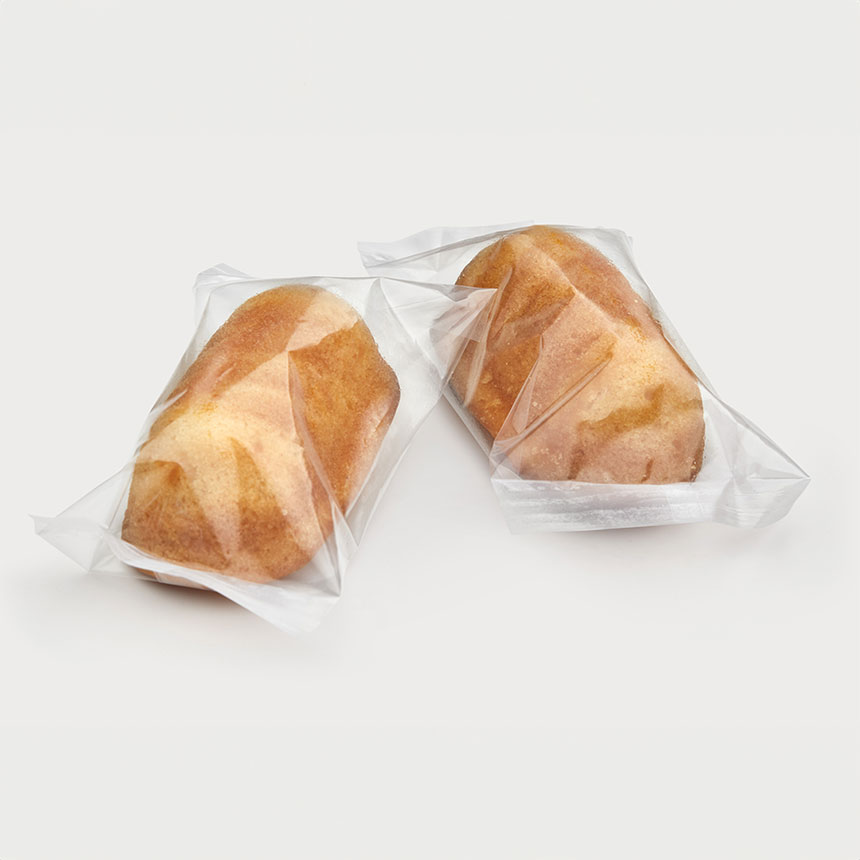
Compostable Pillow Bag Packaging – These bags are designed for premium protection and come with the choice of horizontal or vertical fin or lap seals, and robust end seals to ensure product integrity. Compostable Pillow bag Packaging can be tailored with micro-perforations to regulate oxygen and moisture levels, extending the pastries’ shelf life.
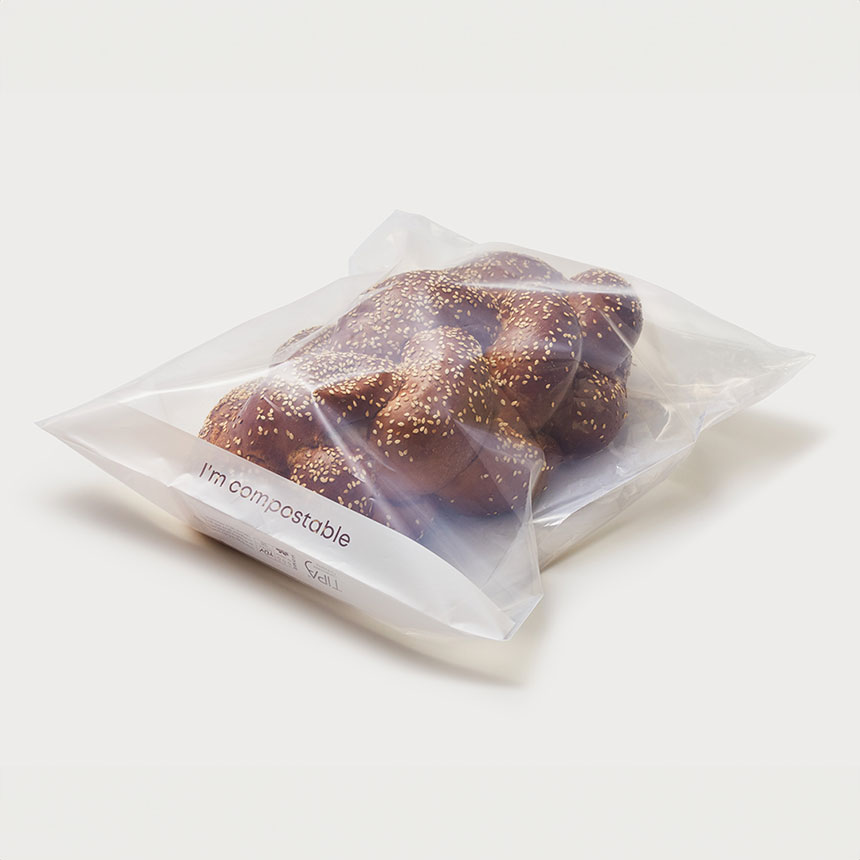
Compostable Resealable Bag -This bag offers an environmentally conscious choice for e-commerce, providing a method to ship, pack, and safeguard pastries. Constructed from a single layer of home compostable film, available in both transparent and opaque options, these compostable resealable bags combine functionality with sustainability. They also support customization with brand-specific printing for enhanced visual appeal and marketing effectiveness.
Packaging for bakery products transcends mere functionality, serving as a medium for creativity and brand storytelling. It’s a decision that can significantly shape consumer perceptions and satisfaction, from the rustic allure of brown paper to the cutting-edge efficiency of resealable compostable bags. As bakeries adopt innovative designs and follow emerging trends, they can present products that are not only safe and fresh but also resonate with customer values. Commitment and compliance to food safety standards is essential, and the choice to reduce or eliminate plastic packaging plays a pivotal role. Embracing sustainable packaging options allows bakeries to contribute to a greener supply chain, reflecting a forward-thinking approach that is likely to define the industry’s trajectory.









